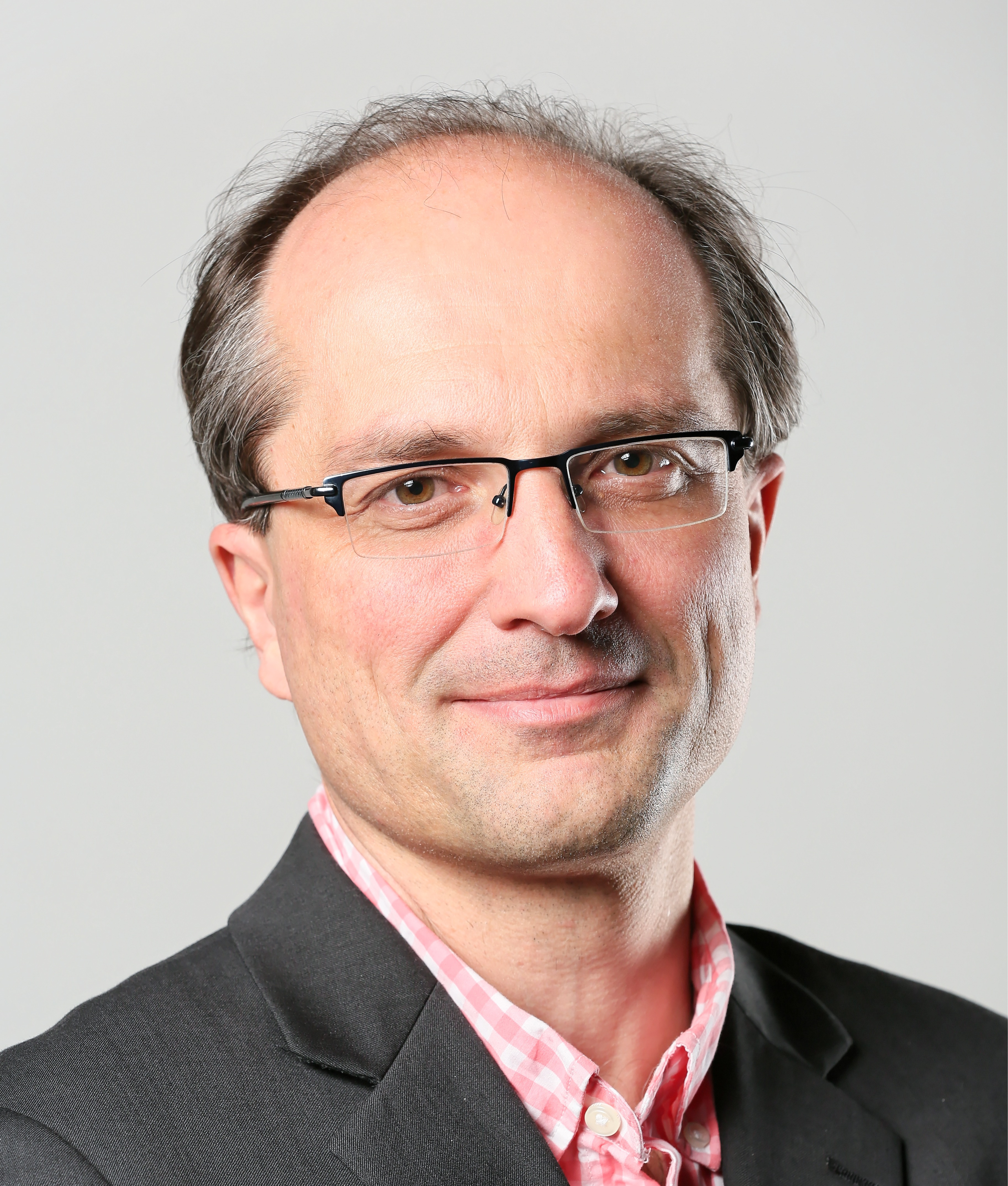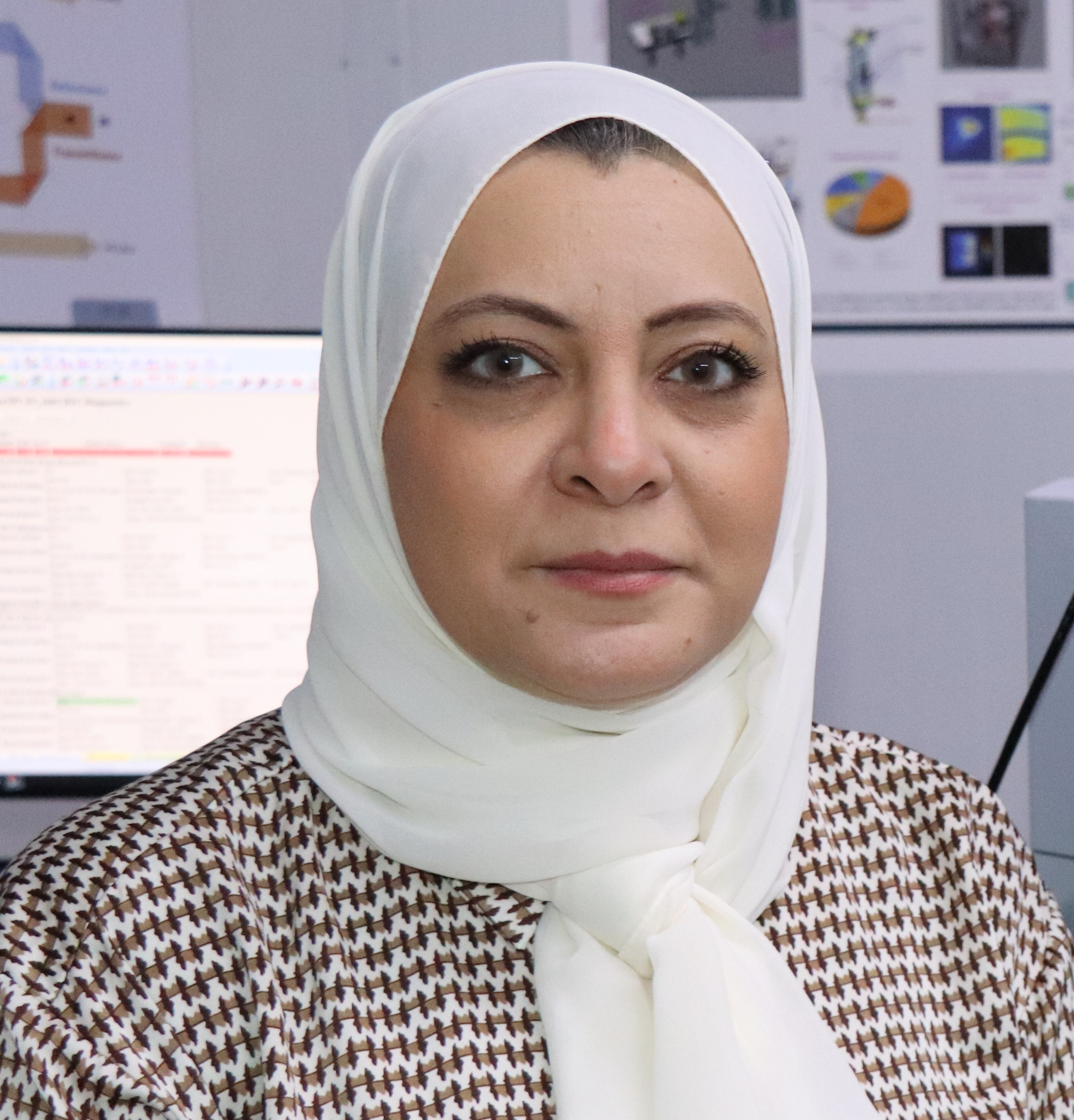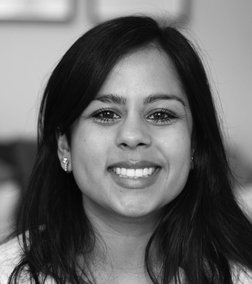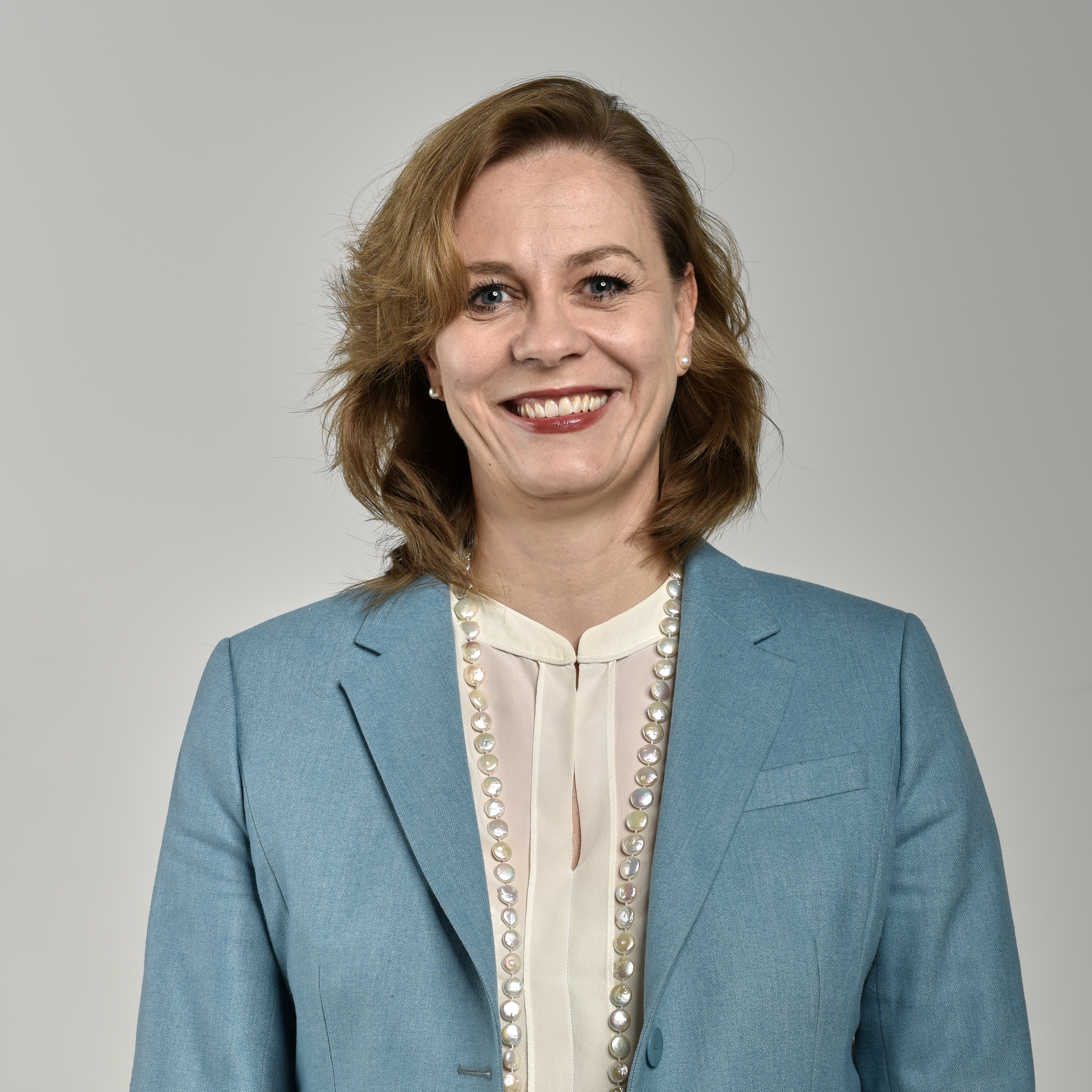The Welcome Address will be made by Prof. Jean-Paul Kneib

Prof. Jean-Paul Kneib has a Master in space technologies and a Ph.D. in Astrophysics. He worked as a support astronomer, at the European Space Observatory in Chile. He has conducted research in Cambridge (UK), Toulouse, Caltech, and Marseille before coming to EPFL in 2012 with an ERC advanced grant. Prof. Kneib is the Director of the EPFL Laboratory of Astrophysics since 2016. He is scientifically renowned for his work on gravitational lensing, and the mapping of the Universe in 3D thanks to redshift surveys. He has been the principal investigator of the SDSS-IV/eBOSS project from 2011 to 2018. He has led the construction of the fiber positioner robotic system for the SDSS-V project, and is now working on the miniaturization of these robots for future cosmological projects. He has initiated the participation of Switzerland in the Square Kilometre Array Observatory (SKAO) and is now the Swiss Science Delegate at the SKAO Council.
Prof. Kneib is also the Director of the EPFL Space Center since 2017. The center focuses on space sustainability research (technologies for active debris removal, space sustainability rating), and educate young generation of talents in the space domain through hands-on projects led by students (construction of Rockets, Cube-Sats, Rovers, Telescopes ...).
Our keynote speaker on Day 1 will be Gihan Kamel

Gihan Kamel (female) obtained her Ph.D. in Physics in 2011 from the University of Rome La Sapienza, and is now Assistant Professor in Physics at Helwan University in Cairo. In 2015 she moved to SESAME (the Synchrotron Light for Experimental Science and Applications in the Middle East) where she is the Infrared Beamline Principal Scientist, responsible for beamline construction and operation.
Dr Kamel regularly speaks on her research, as well as using science for peace, science diplomacy, and women in science. To-date, she is the only woman scientist at SESAME. She’s been honored by the President of the Italian Republic on International Women’s Day for her role at SESAME. She’s also one of six women chosen by Nature to comment on the challenges facing women scientists in the Middle East, and has appeared in UN publications featuring outstanding African women scientists.
Our keynote speaker on Day 2 will be Sheila Kanani MBE

Dr Sheila Kanani MBE is a planetary scientist, EDI consultant, space educator and author, with a background in astrophysics and astronomy research from UK universities. She regularly acts as a science ambassador, visiting schools and speaking at events, and is an advocate for diversity in physics and astronomy. Sheila runs her company Her Place For Space from home, and enjoys walking on her local beach with her family of boys, playing sports, gazing at the stars, reading and eating (preferably reading whilst eating!). Her favourite planet is Saturn.
Our keynote speaker during our CERN visit will be Charlotte Lindberg Warakaulle

Charlotte Warakaulle (born in 1970, Danish) has served as CERN Director for International Relations since 2016.
As the Organization’s first Director for International Relations, Warakaulle has overseen the consolidation and strengthening of CERN’s engagement with Member, Associate and non-Member States, partnership-building with international organisations and platforms, and the widening of education, communications and outreach activities, including the launch of the CERN Alumni Programme and the CERN Science Gateway Project.
Warakaulle brings with her a wealth of operational and policy experience in multilateral diplomacy. She served for over 15 years at the United Nations Office at Geneva in a variety of posts focused on political affairs, strategic communications, partnerships and management. Key posts included Chief of the United Nations Library with responsibility for library services, knowledge management, cultural diplomacy and intellectual outreach; Chief of Political Affairs and Partnership-building, facilitating new multi-stakeholder initiatives for the United Nations, such as the Geneva Peace Talks and the Geneva Peace Week; and Speechwriter and Special Assistant to the Director-General of the United Nations Office at Geneva.
Prior to her work with the United Nations, Warakaulle held a Carlsberg Foundation Visiting Research Fellowship at Lucy Cavendish College at the University of Cambridge from 1998 to 2001. During her time at the University of Cambridge, she also served as editor-in-chief of the Cambridge Review of International Affairs, a peer-reviewed international affairs journal then published by the Centre of International Studies at the University of Cambridge.
Warakaulle sits on a number of international advisory committees and boards.
Warakaulle gained her MPhil in international relations at the University of Cambridge (Pembroke College) and also holds an MA in history (cand.mag.) from the University of Copenhagen, as well as an MA in history (coursework) from the University of Sydney.
